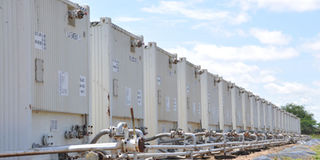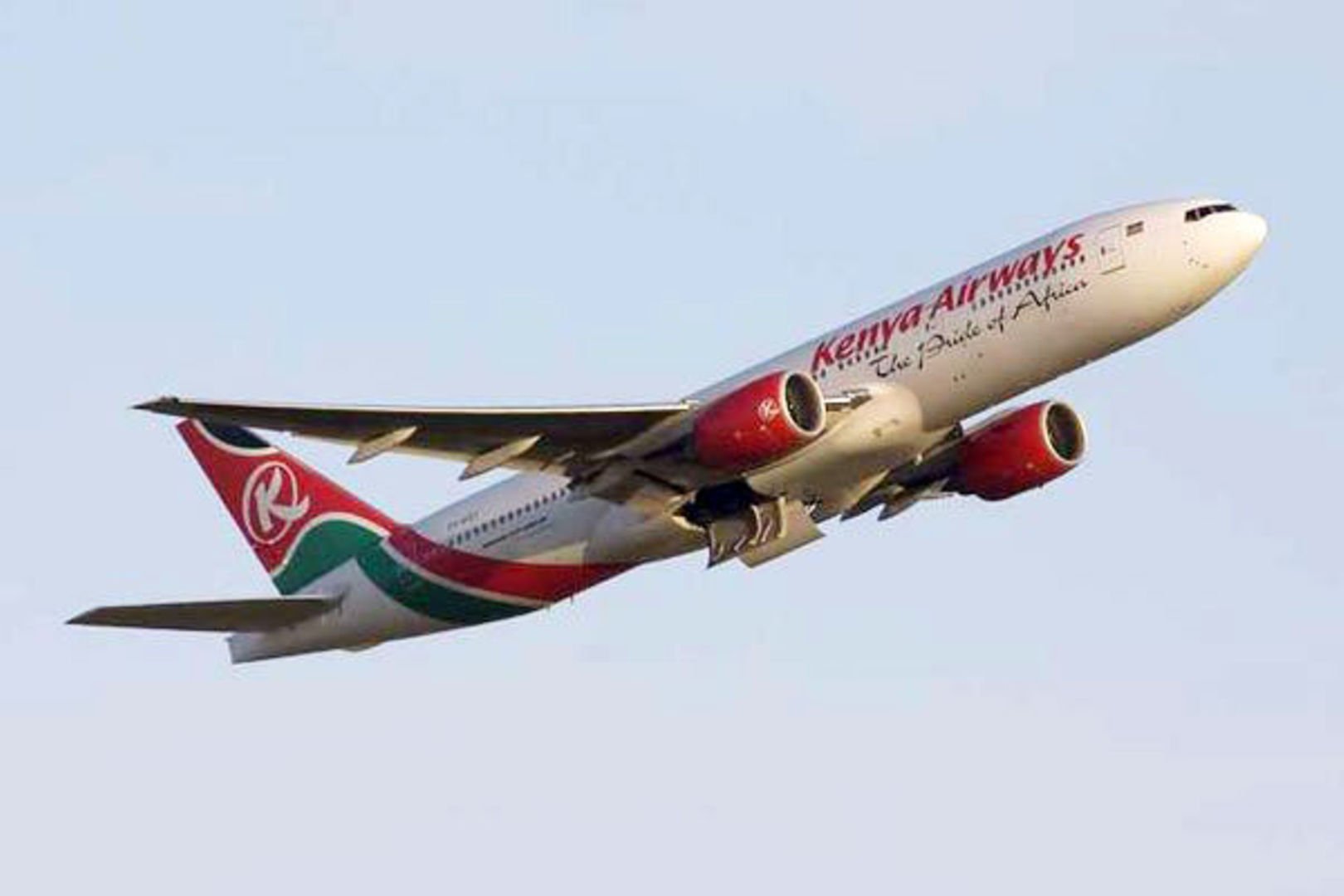Banks willing to finance oil sector

Special storage tanks containing crude oil in Buliisa District. Banks such as Absa, are keen on providing the much-needed support in financing oil and gas infrastructure developments in the country. PHOTO BY ERONIE KAMUKAMA
What you need to know:
- It is now two years since Absa bank created the Enterprise & Supply Chain Development initiative a system where contracted suppliers can access non-collaterilised funding plus business development skills though the bank’s SME Academy.
Bankers have expressed interest in financing various projects that are being undertaken in Uganda’s in oil and gas sector because they are bankable.
The cost of various projects that need financing is approximately $751 million.
Speaking during the session of funding Oil and Gas sector development through the value chain at Kampala Serena Hotel recently, Mr David Mparutsa, the head of enterprise and Supply Chain Development Absa regional operations, said the Absa Group is ready to finance local companies in Uganda participating in the Oil and Gas Value Chain.
Mr Mparutsa said Absa plays an active role in the oil and gas industry and has deployed significant amounts of their resources on various projects across the continent.
“We play active role in the oil and gas sector and are also committed to support participants in the value chain through our Enterprise & Supply Chain Development initiative (ESD). We believe local procurement is a key enabler to economic prosperity. We have seen the positive impact that local content legislation has had in markets such as South Africa and Botswana,” he said.
Oil, gas curriculum
Mr Mparutsa said under ESD, contracted suppliers can access non-collaterilised funding as well as business development skills via our SME Academy which will launch an oil and gas curriculum in the New Year.
Mr Mparutsa said one of the critical hurdles that SMEs face in accessing finance is a lack of collateral. This initiative is geared towards addressing that challenge.
It is now two years since Absa launched the ESD initiative and has developed a unique credit model to support this type of lending.
“We have already had success funding suppliers and distributors of our corporate partners in different sectors here in Uganda. We have had no impairments to date. This not only validates the demand for this offering but also proves it is possible to mitigate risks associated with lending to SMEs,” he said.
Borrowing thresholds
Mr Mparutsa said there are no thresholds set in terms of amounts that can be accessed. However, each contract or project is assessed separately.
The Absa Group has implemented ESD in a number of African countries to ease local enterprise development.
“Uganda is one of seven other countries where Absa has implemented ESD and continues to be a key market,” he said.
The Eastern and Southern Africa Trade and Development Bank (TDB) executive director Mr Lloyd Muposhi said key factors successful financing of Uganda’s/East Africa’s oil and gas are enabling legal framework, oil & value chain, technical expertise, capacity building & local content, strong stakeholder engagement, good infrastructure plan, competitive fiscal policies and investment capital.
Mr Muposhi said key considerations for TDB in extending financing solutions to Oil & Gas projects includes quality of resources (revenue resource).
Bankability of marketing strategy, strength of project economic: robustness of project economic under a range of conservative financial, operational and combined sensitivities, proof of technology,” he said.
Mr Muposhi said the others are environmental and social commitment, construction procurement strategy, commercial and legal framework and supportive government.
“We are very keen to support Uganda National Oil Company and Uganda government to develop its oil and gas sector,” he said.
Giving government perspective on various projects, the assistant commissioner and regional co-operation, Mr Juvenal Ntancy Muhumuza, said there are some projects which government will also participate in financing such as the Kampala Storage terminal.
“The projects are quite profitable. We are looking at some of the ways to obtain some funding within the budget,” he said.




